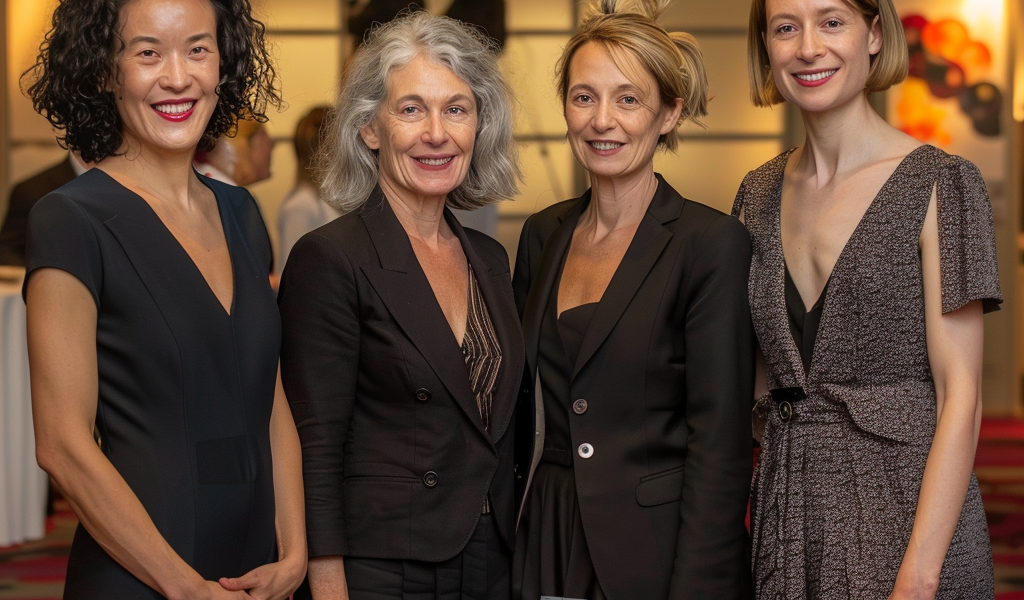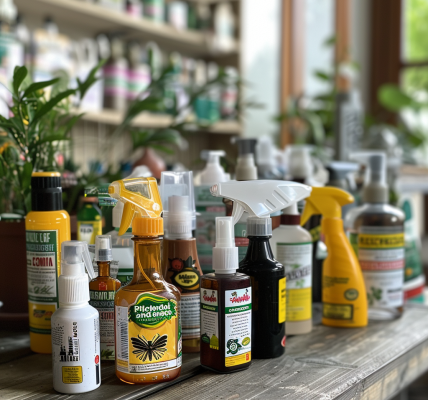In a significant recognition of female contributions to science, five early-career researchers from Australia and New Zealand have been awarded the prestigious L’Oréal-Unesco For Women in Science fellowships for 2024. The awards ceremony took place in Melbourne, where the honorees were celebrated for their innovative research aimed at addressing some of the world’s most pressing challenges.
The achievements of these women shine a light on the critical need for greater gender diversity in scientific fields. Currently, the statistics regarding women’s representation in science are stark. Only 4% of Nobel Prize winners in science are women globally, and in Australia, women hold just 15% of roles in STEM (science, technology, engineering, and mathematics). Alarmingly, the World Economic Forum projects that achieving gender parity in these sectors may take over a century at the current pace of progress.
However, the importance of gender equality in STEM extends beyond fairness; it is an economic imperative. A recent estimate suggests that increasing the proportion of women in the technology workforce to 45% by 2027 could result in a substantial boost to the European economy, potentially adding between $420 billion and $1 trillion to the GDP.
In Australia, initiatives like the L’Oréal-Unesco For Women in Science program are making strides in closing the gender gap within STEM fields. Between 2013 and 2023, there was a remarkable 76% increase in women occupying STEM-qualified positions in Australia, indicating that targeted efforts are beginning to yield positive results.
“Reading through the biographies of our For Women in Science fellows is always a highlight, and 2024 continues this tradition,” remarked Marnie Carroll, chief corporate affairs and engagement officer at L’Oréal Australia & New Zealand. “These five outstanding female researchers exemplify why it is crucial to support more women in their scientific careers. We cannot afford to overlook the immense contributions they are making to the world.”
Among the 2024 fellows is Dr. Leah Smith from the University of Otago in New Zealand. Dr. Smith is addressing one of the most urgent global health issues: antimicrobial resistance. According to the World Health Organization, drug-resistant infections could lead to an estimated 10 million deaths annually by the year 2050 if left unchecked. Her research is pivotal in developing strategies to combat this looming crisis.
Another honoree, Dr. Emily Roycroft from the University of Melbourne, is making significant strides in the field of environmental science. Her work focuses on understanding the impact of climate change on biodiversity, with the goal of informing conservation strategies that can protect vulnerable ecosystems.
Dr. Brittany Mitchell, a researcher at the University of Queensland, is also among the awardees. She is dedicated to exploring the intersection of technology and healthcare, specifically how digital health innovations can improve patient outcomes in rural and underserved communities.
Dr. Mengyu Li, from the University of Sydney, is recognized for her pioneering research in materials science. Her work aims to develop sustainable materials that can reduce environmental impact while maintaining high performance in various applications.
Lastly, Dr. Kaye Minkyung Kang, also from the University of Melbourne, is focused on the field of neuroscience. Her research investigates the underlying mechanisms of neurodegenerative diseases, with the hope of contributing to the development of effective treatments.
The L’Oréal-Unesco For Women in Science program not only provides funding to these talented researchers but also serves as a platform to promote the visibility of women in science. By highlighting their achievements, the initiative aims to inspire future generations of female scientists and encourage young girls to pursue careers in STEM fields.
As the global community continues to face complex challenges, the need for diverse perspectives in scientific research has never been more critical. The recognition of these five women underscores the importance of fostering an inclusive environment where all scientists can thrive and contribute to meaningful advancements in their respective fields.
With ongoing support and initiatives aimed at promoting gender equality in STEM, there is hope that the landscape of science will continue to evolve, paving the way for a future where women are equally represented and celebrated for their contributions to knowledge and innovation.





